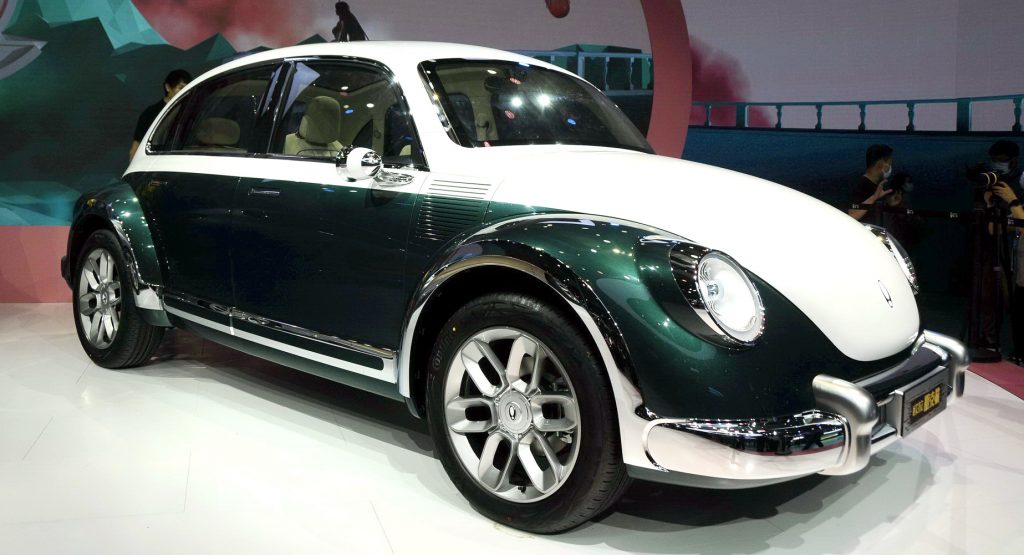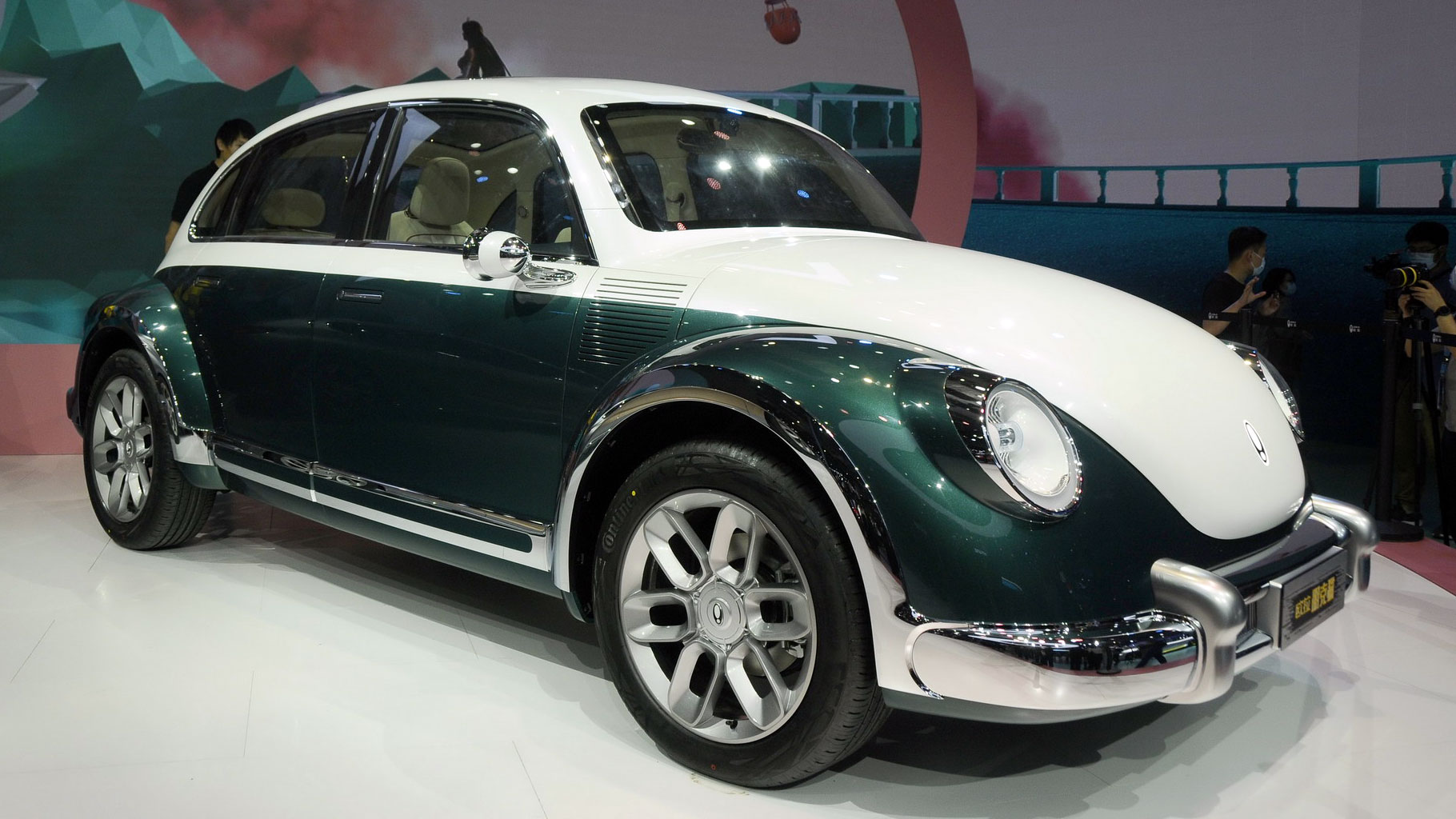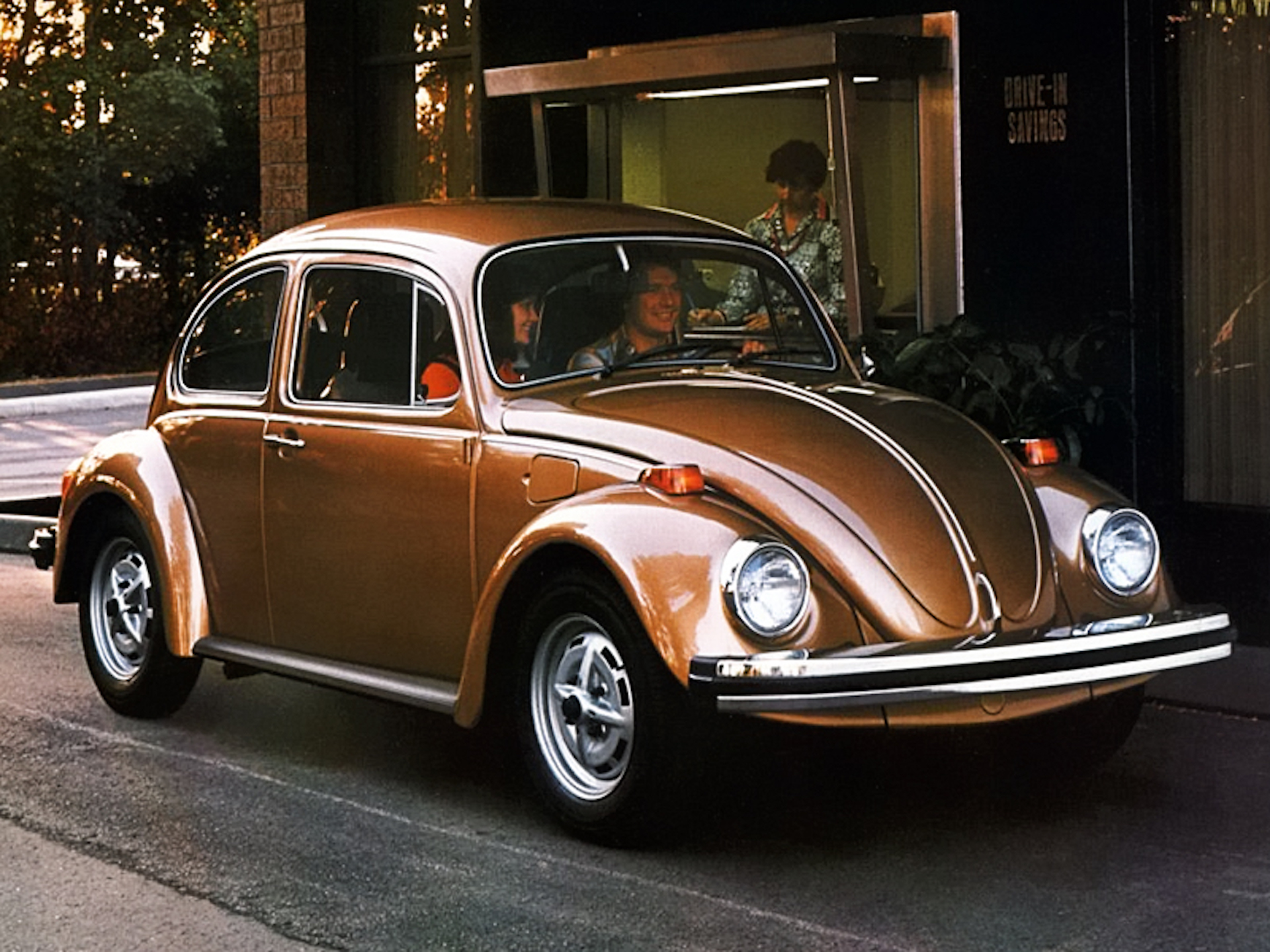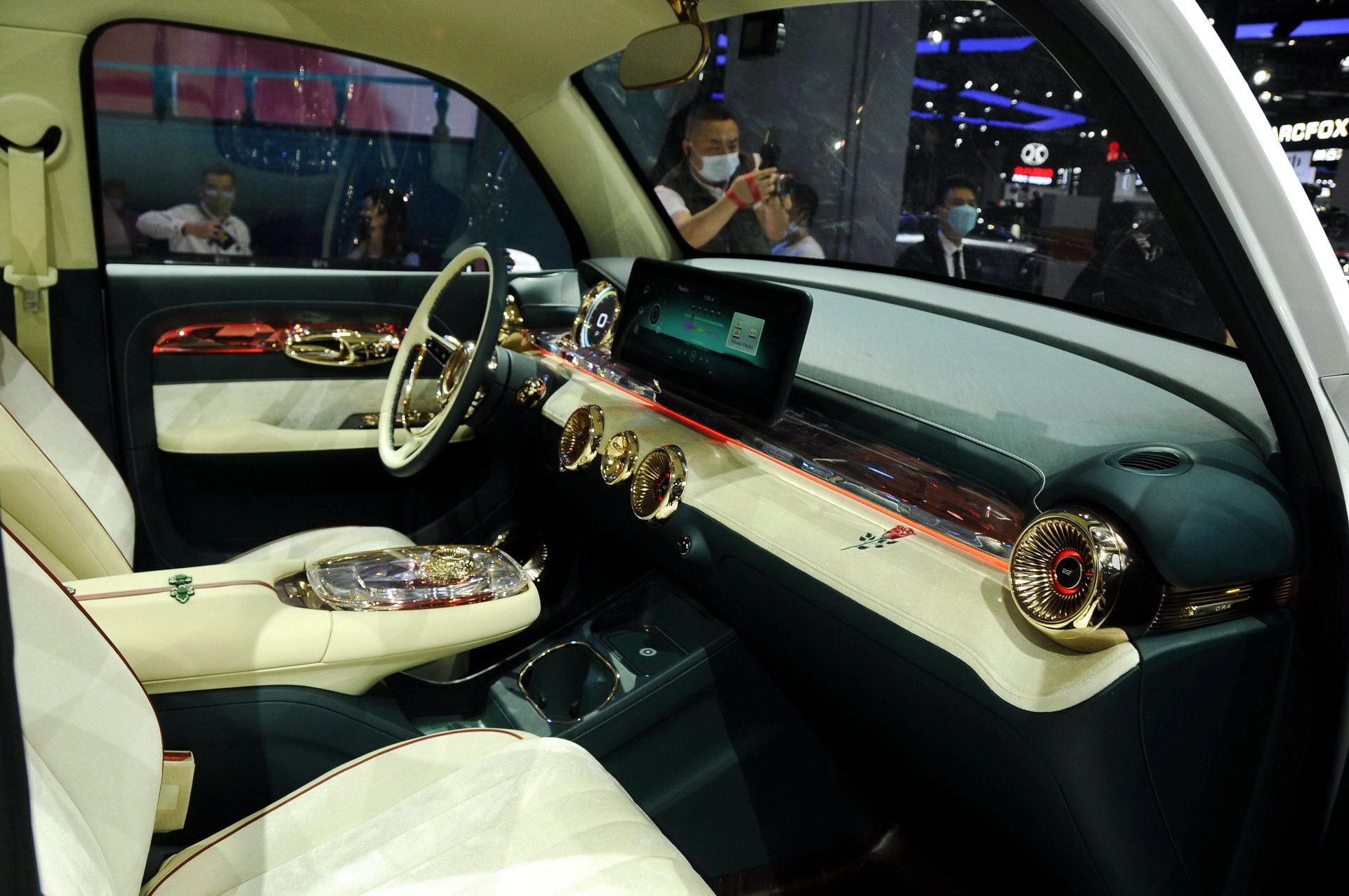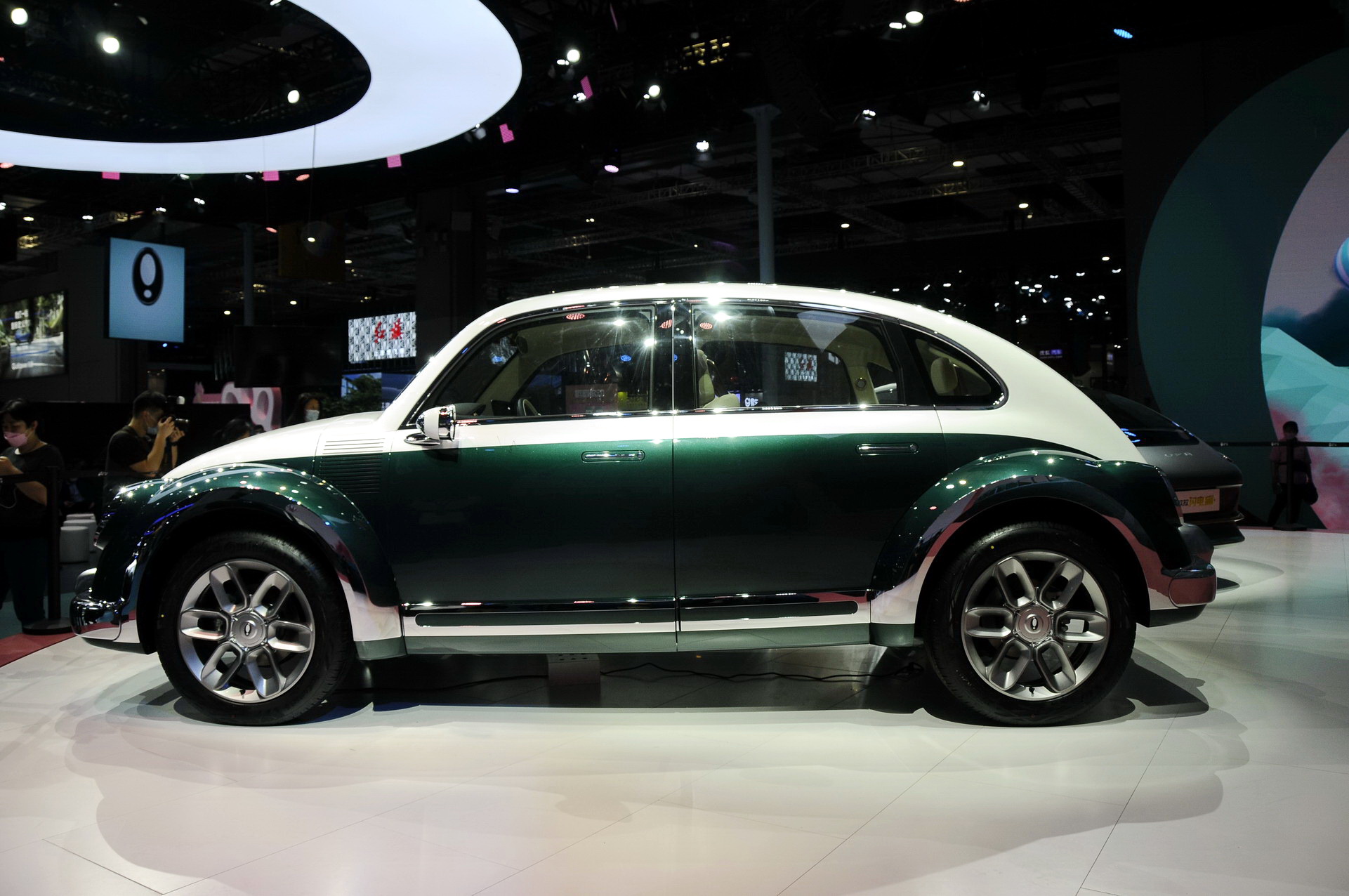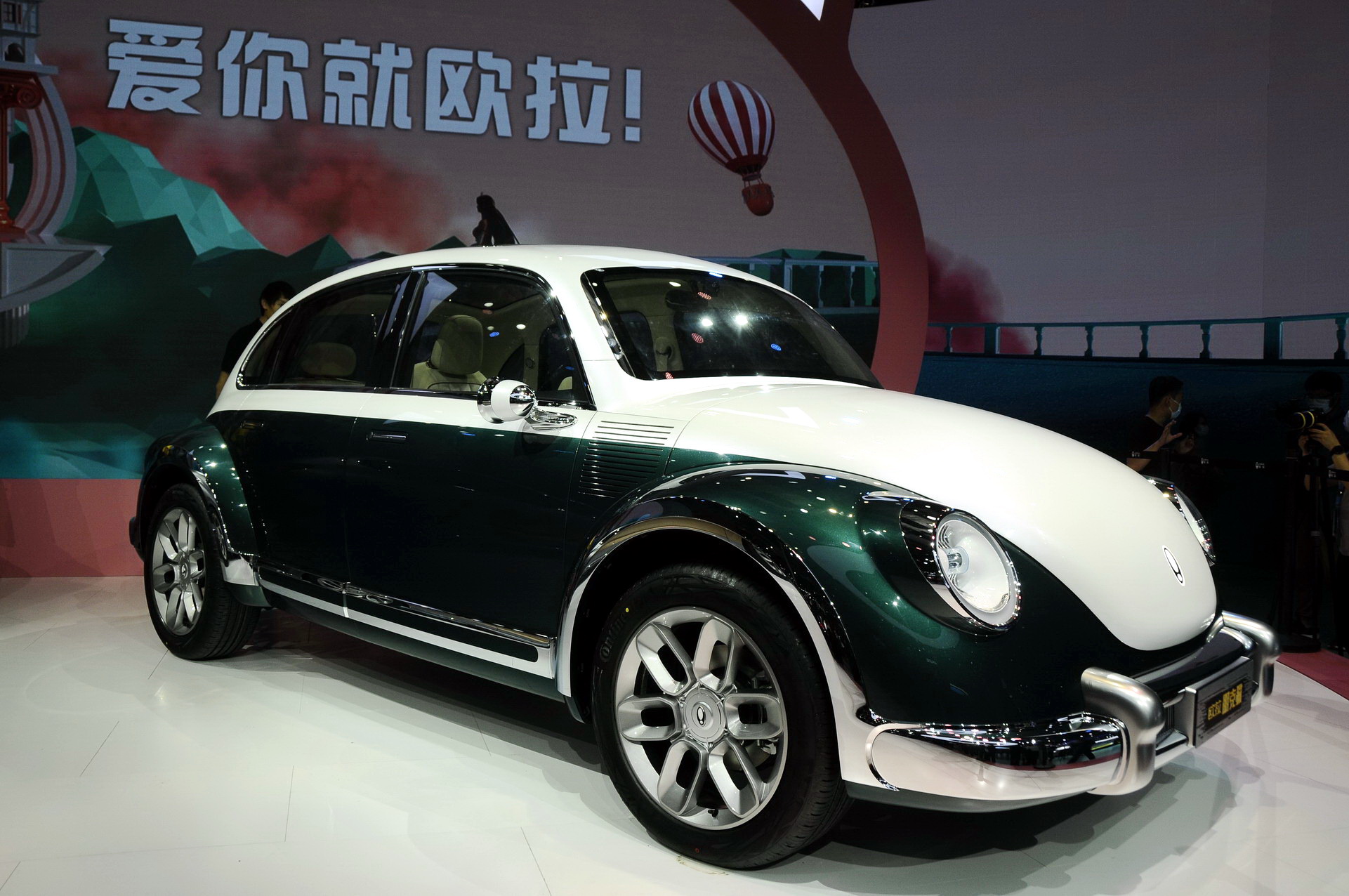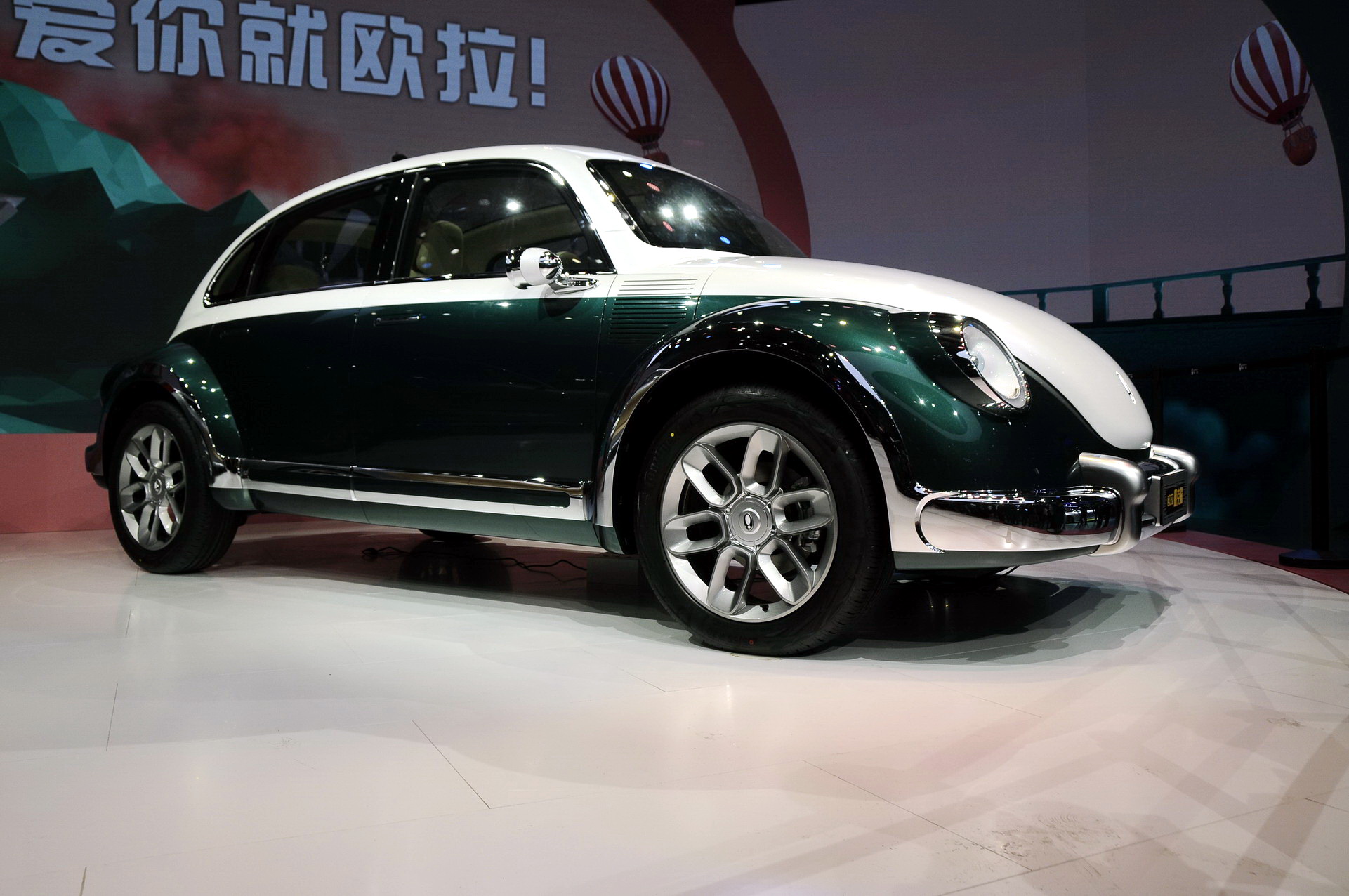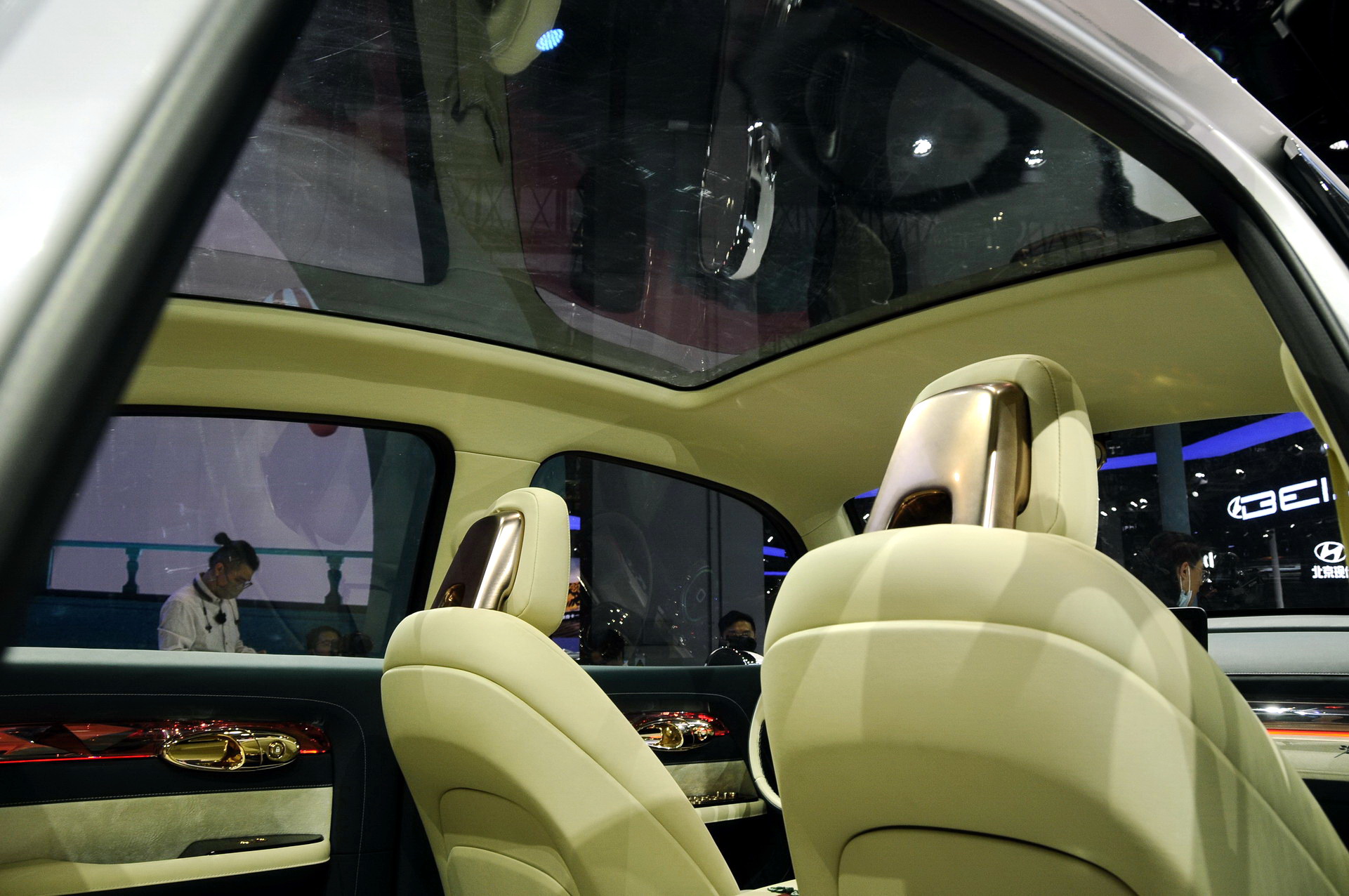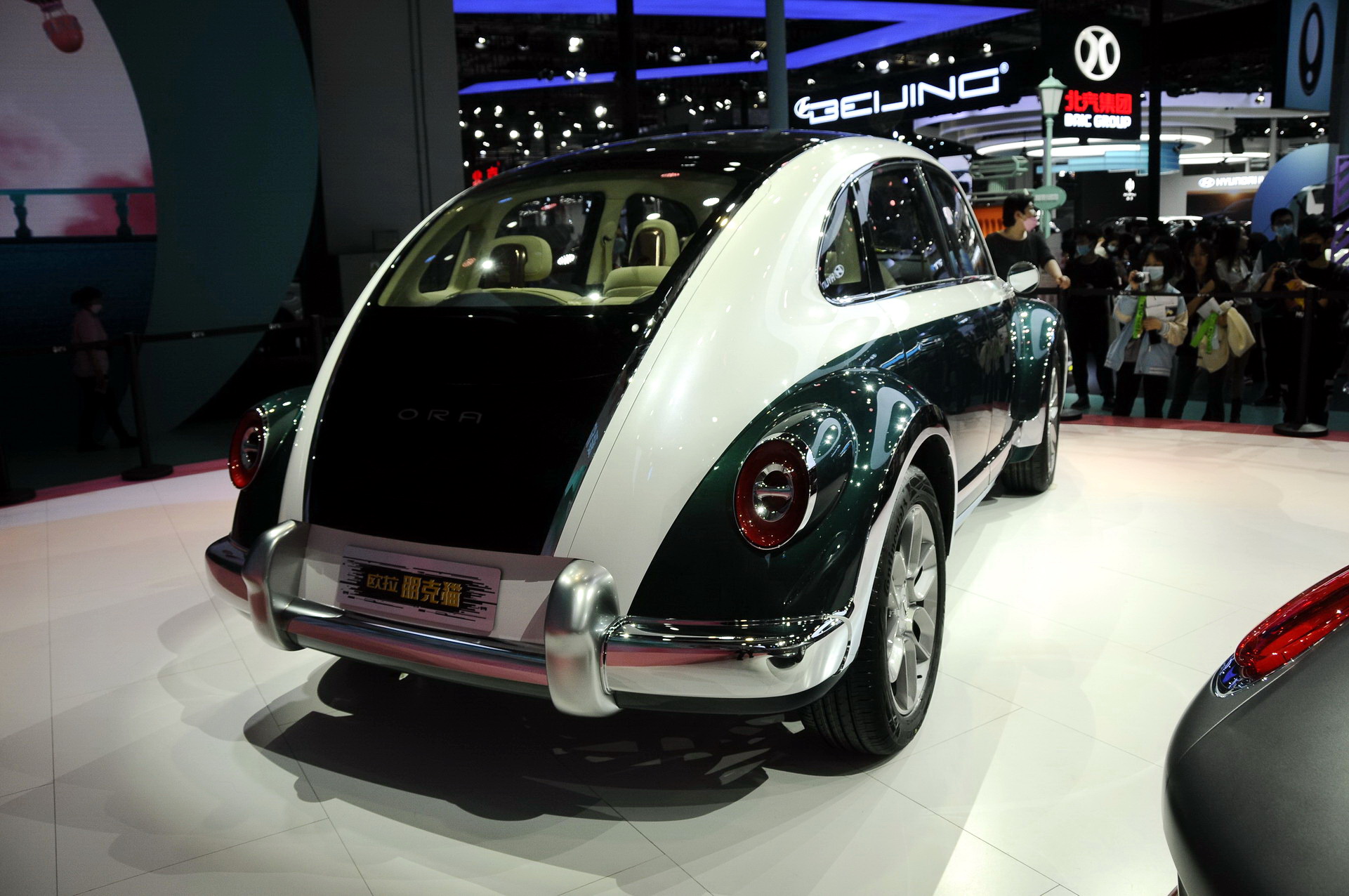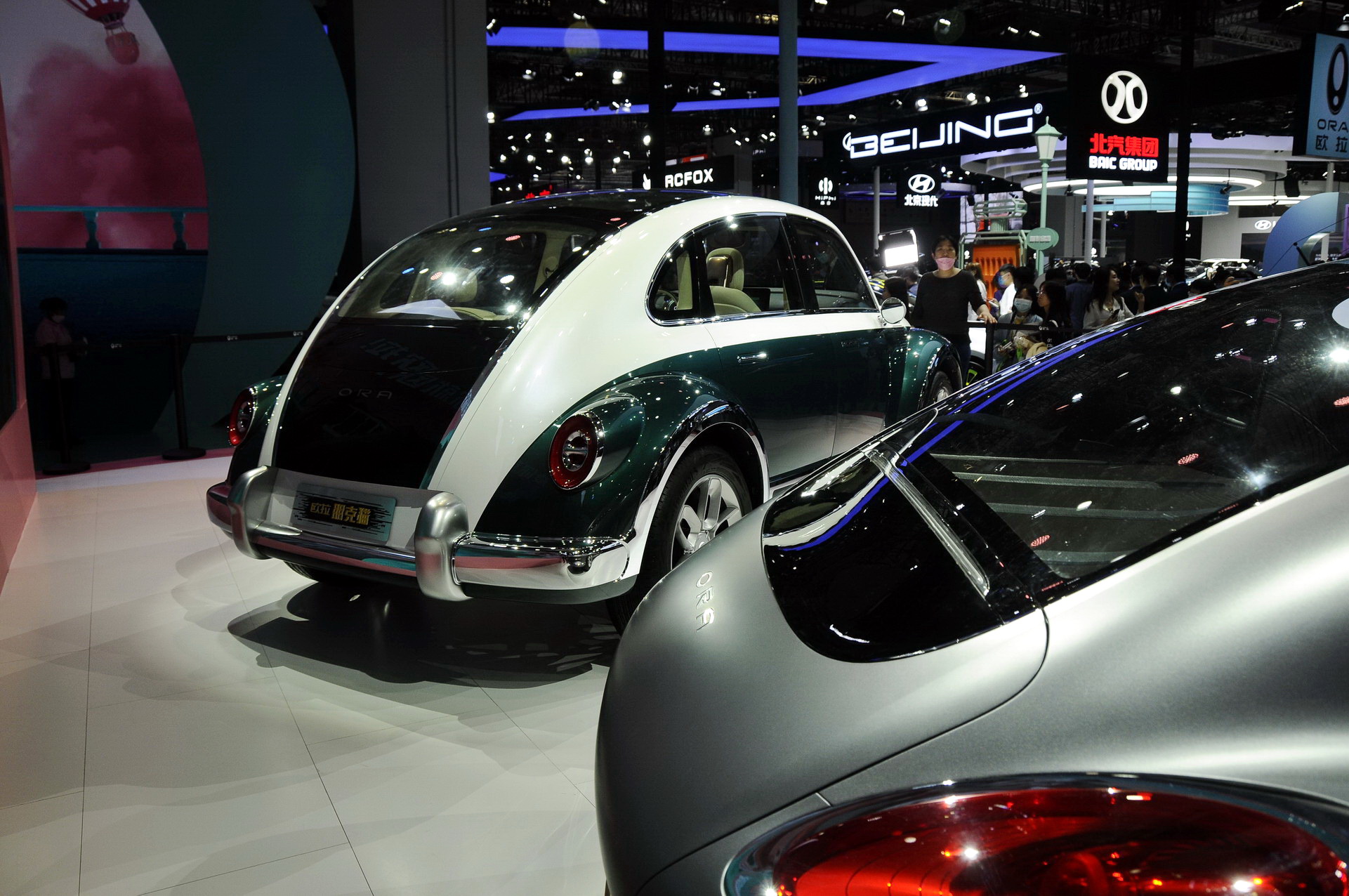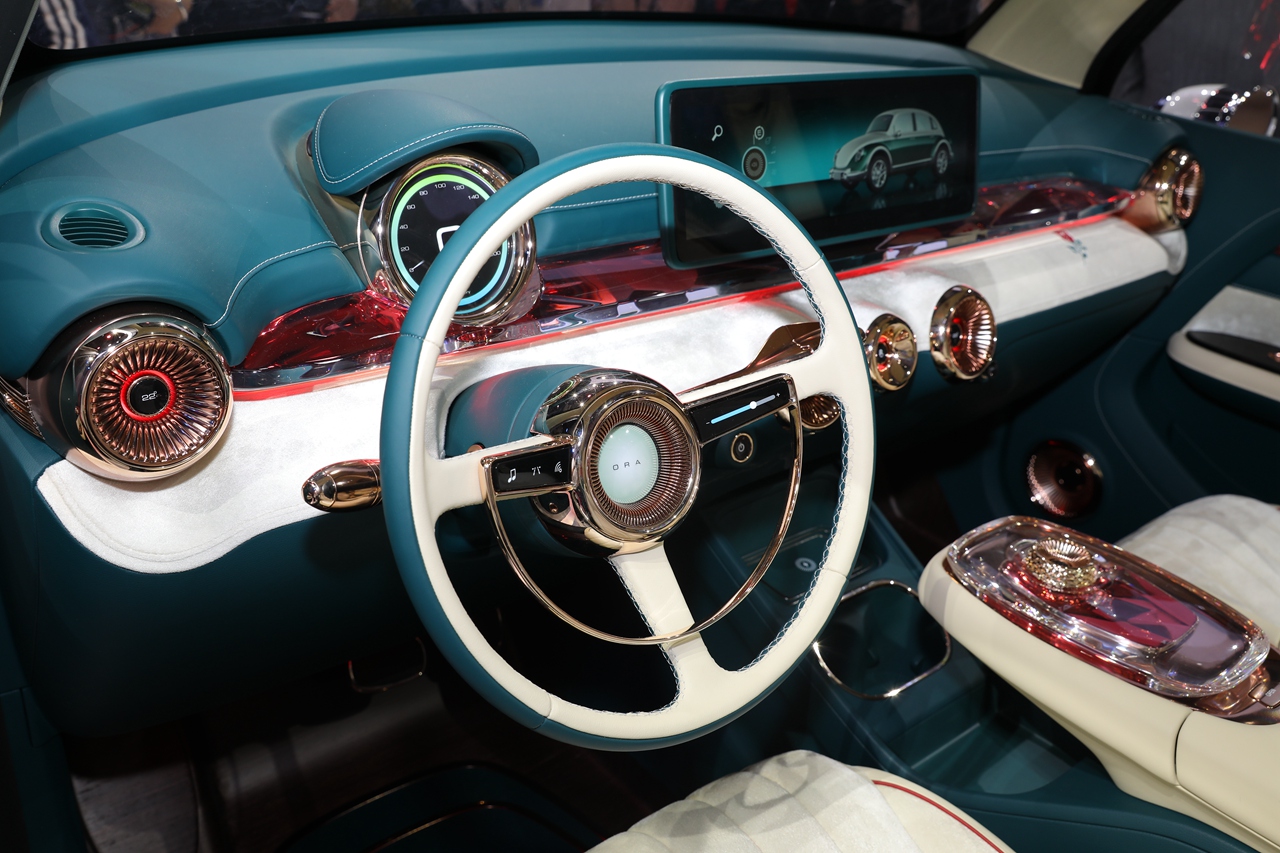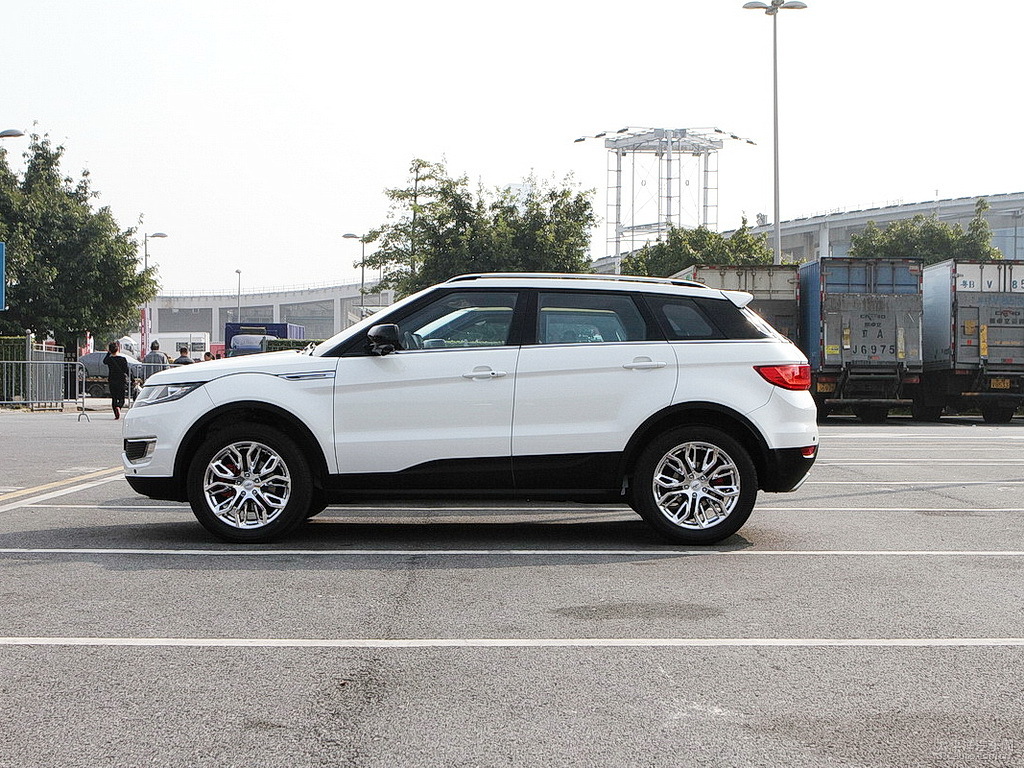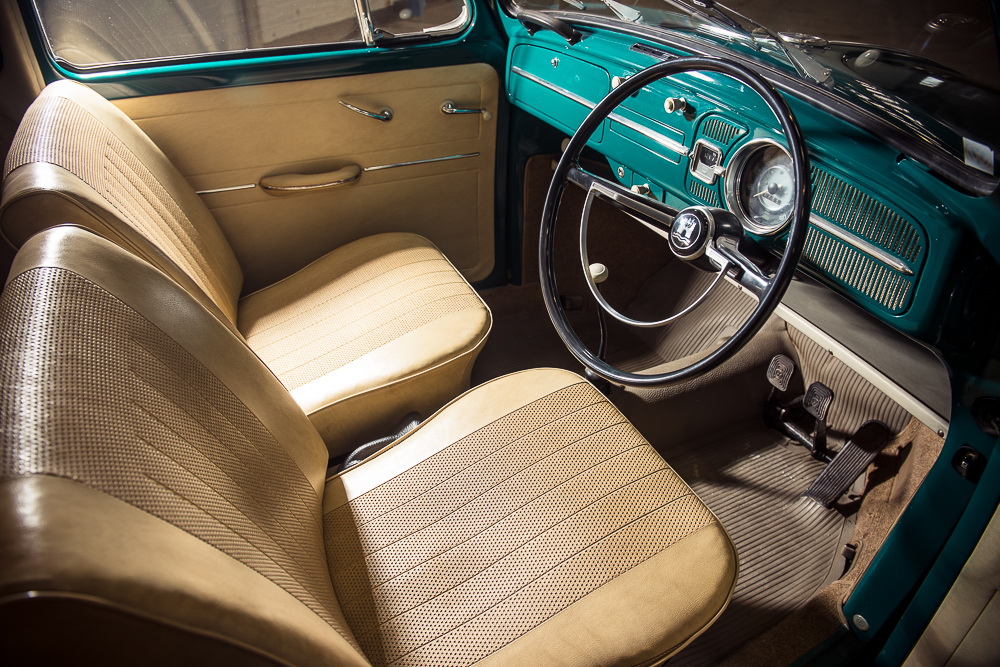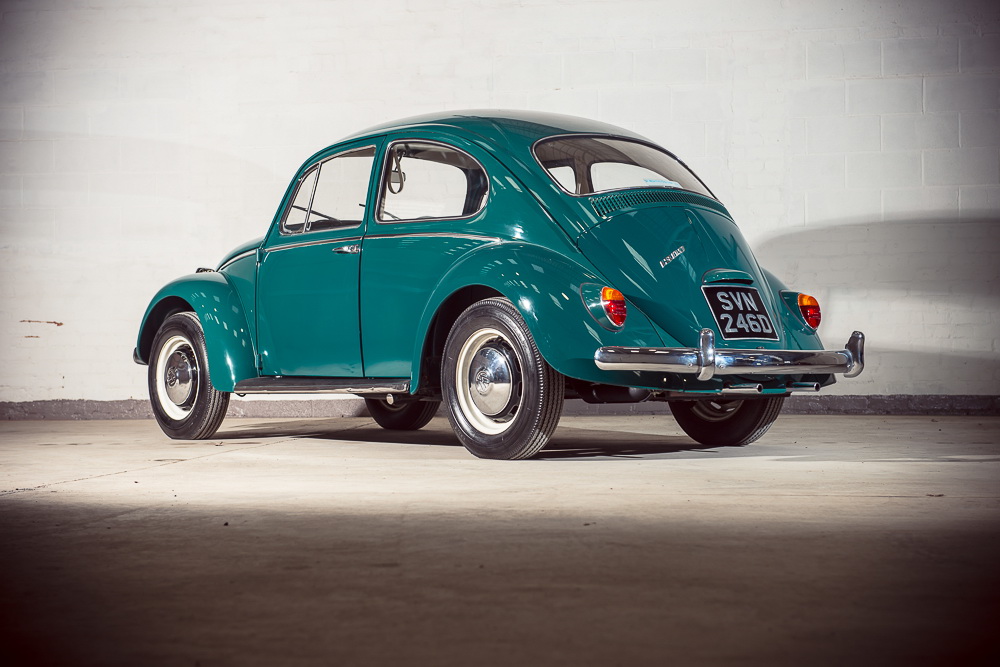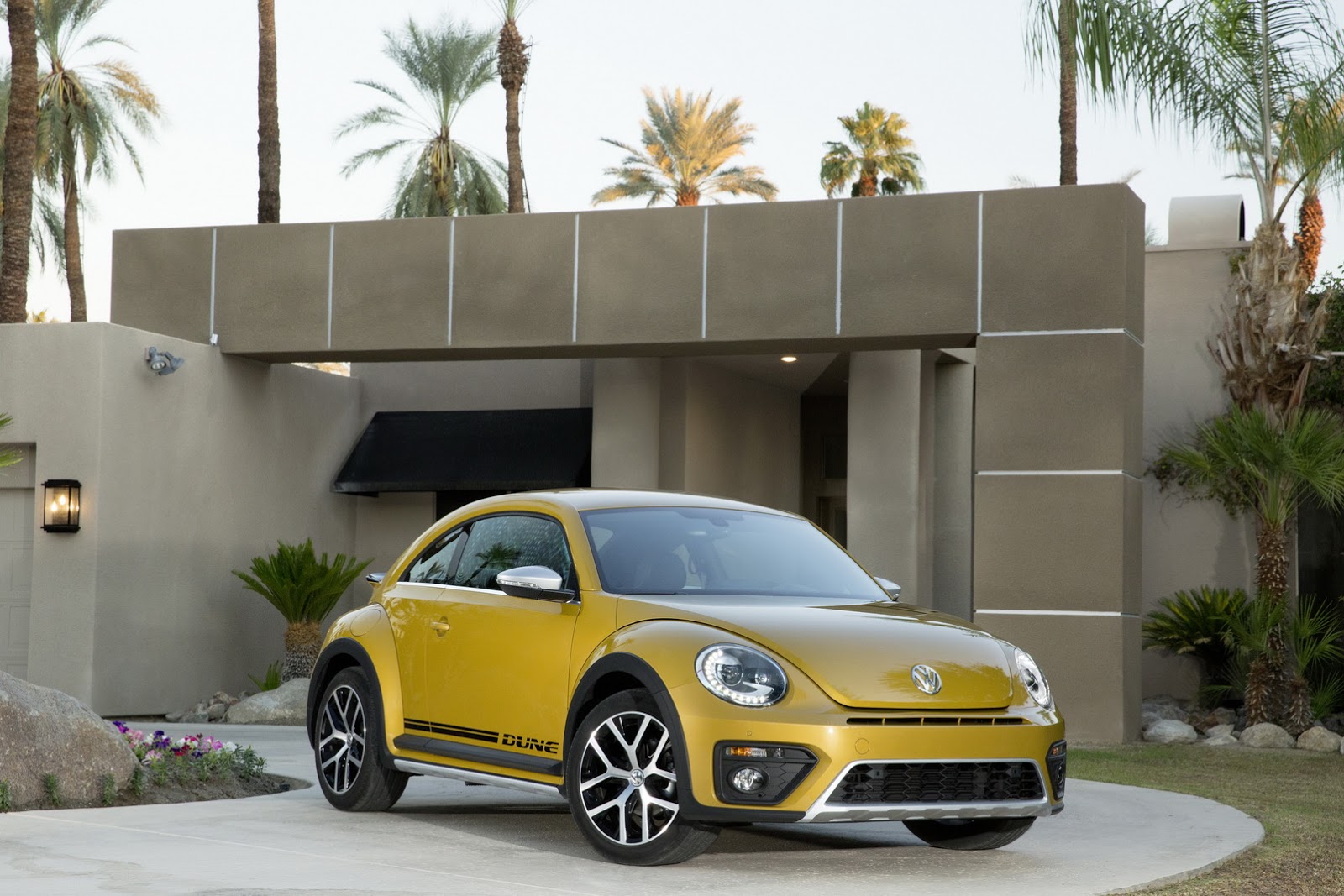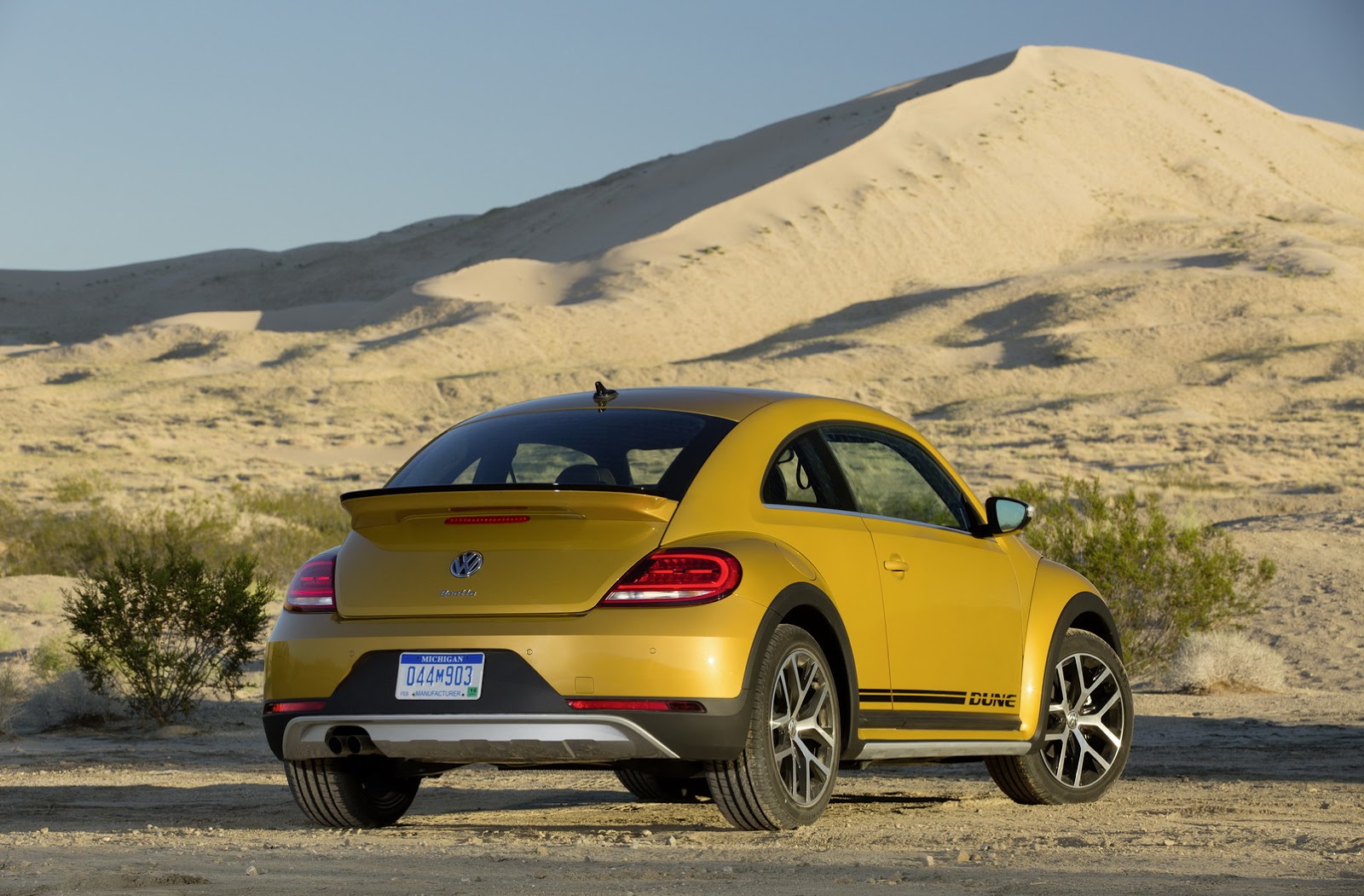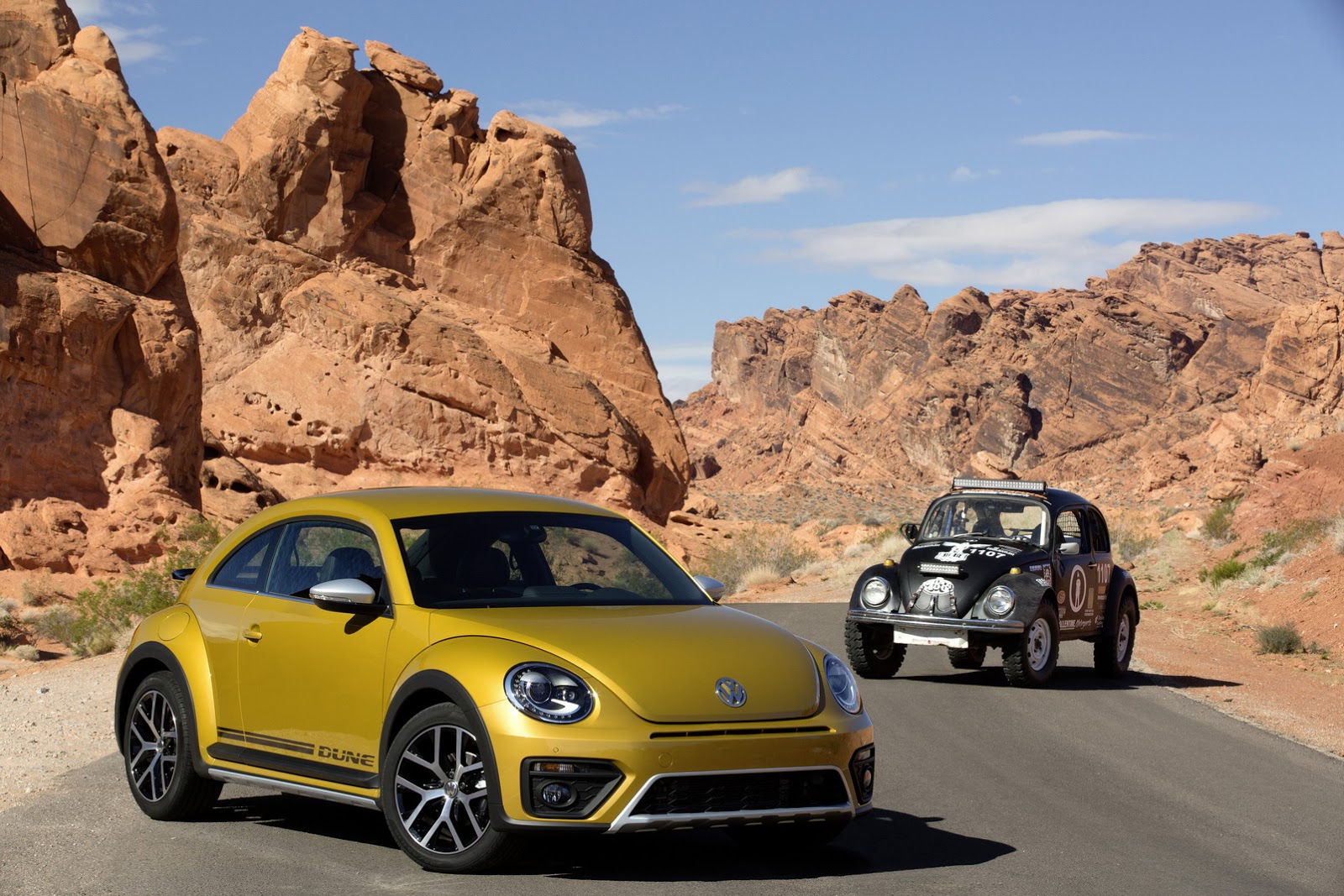Chinese knock-offs are nothing new. Over the years we’ve seen Asian clones of everything from the Porsche Macan to the McLaren 570S. But even by those lowly standards, Great Wall’s ORA Punk Cat seemed particularly cheeky.
Unveiled at the Shanghai Auto Show last week, the retro-styled four-door EV was undoubtedly “inspired” by the iconic Volkswagen Beetle.
And predictably, Volkswagen, which killed its own Beetle off in 2019, has taken an interest. When we asked the Germany company for a comment, they told us: “We check this matter with regard to any violations of utility model or design rights of Volkswagen AG and reserve the right to take any necessary legal steps.”
Which we take to mean they’re looking into it and are prepared to wheel out the lawyers if they feel they have a case. And, since VW was discovered to have trademarked the e-Beetle name last year, suggesting the legendary Bug might be reinvented as an electric car, Wolfsburg’s lawyers might be happy to take the case to court.
Related: These Are The Most Blatant Chinese Knockoff Vehicles
Where Does The Law Stand?
But while it’s obvious to anybody that the Punk Cat borrows heavily from the Beetle, it isn’t an exact copy, so where does Volkswagen stand legally? Back in 2018 Auto Express asked an intellectual property lawyer what protection was in place for carmakers worried about Chinese copying.
“There is no international copyright law, but there are international agreements such as the Berne Convention for the Protection of Literary and Artistic Works,” Oliver Tidman of BRIFFA told Auto Express.
“These require countries to recognise each other’s intellectual property laws. Copyright laws vary from one country to another, and while the rules may differ, the principles are similar.”
Knowing You’re Right Is Only Half The Battle
Even if you’re convinced a Chinese company has infringed your copyright, pursuing legal action through the Chinese courts against companies – in which the Chinese Government may even have a stake – isn’t always easy.
But not impossible. One of the most blatant of all Chinese clones was the Jiangling Land Wind X7, a clear rip-off of Land Rover’s Range Rover Evoque.
Land Rover started its copyright infringement case in 2016, and, after a legal rollercoaster ride, finally emerged victorious in 2019. The Beijing Chaoyang District Court ruled that five major design aspects of the X7 – the basic silhouette, its roofline, its headlights and the near-identical body creases down the car’s flanks – were unlawfully copied, and caused confusion among buyers.
As a result of the ruling Jiangling was forced to pull the LandWind X7 from sale and pay compensation to JLR, which conceded it was now wary of showing concepts because it was possible a Chinese carmaker could copy an idea and bring it to market before JLR had managed to release the real thing.
What do you think; are Volkswagen’s lawyers getting wound up over nothing? Let us know in the comments.




